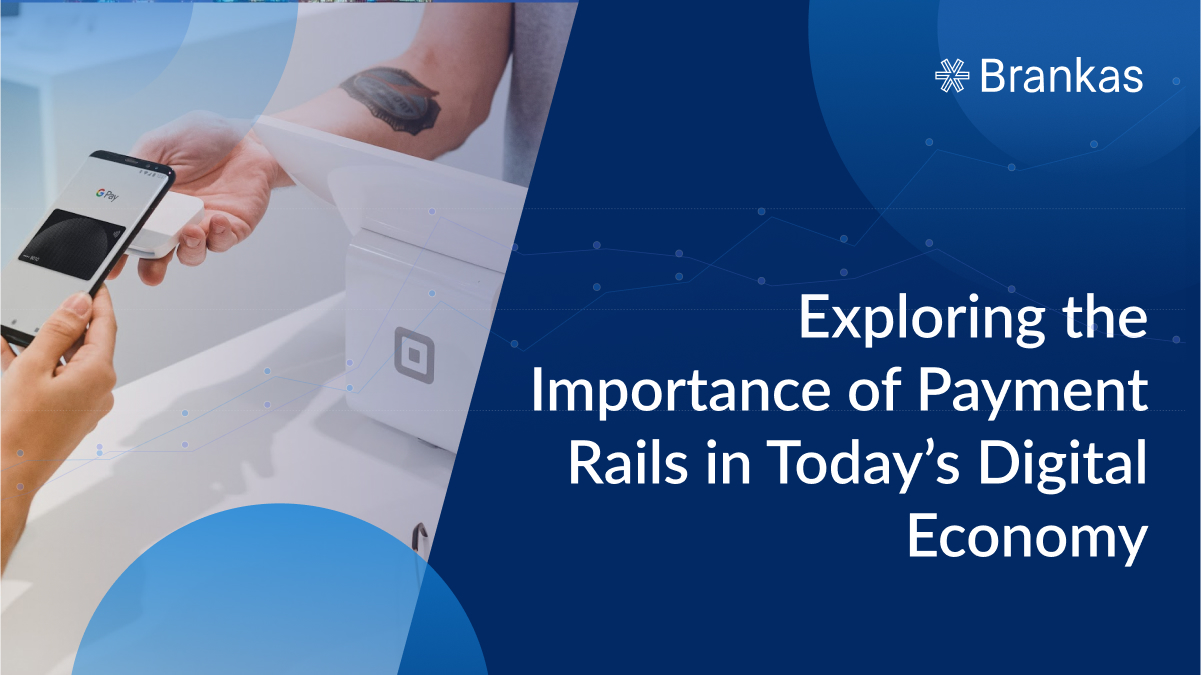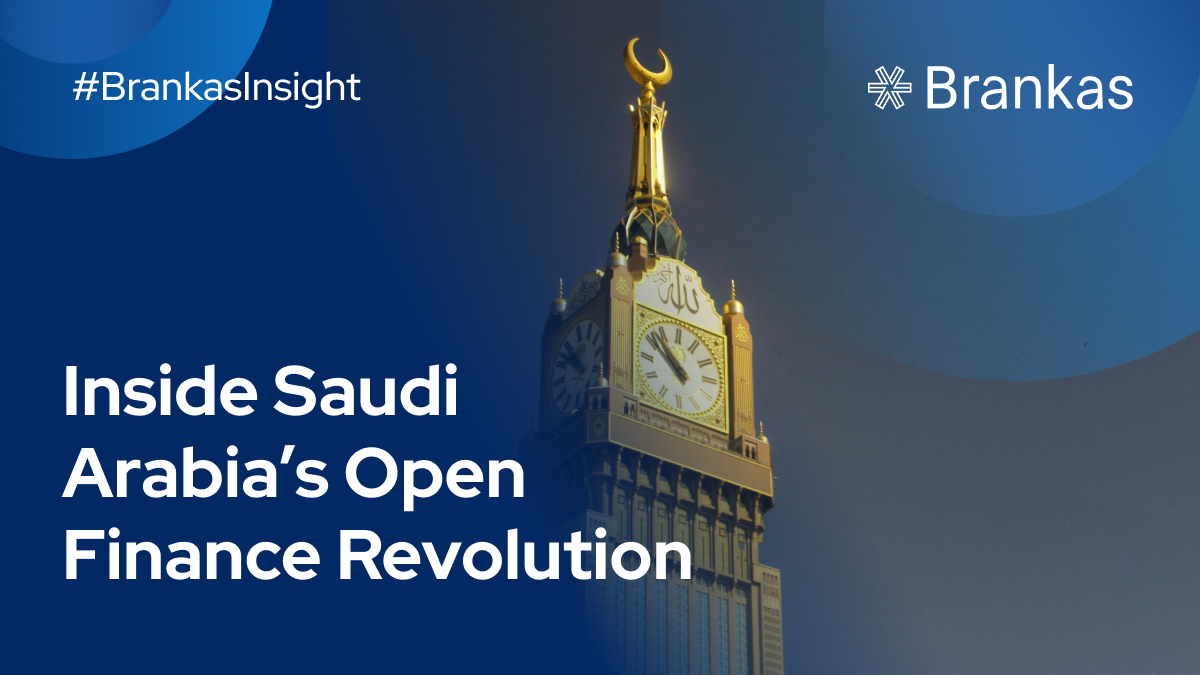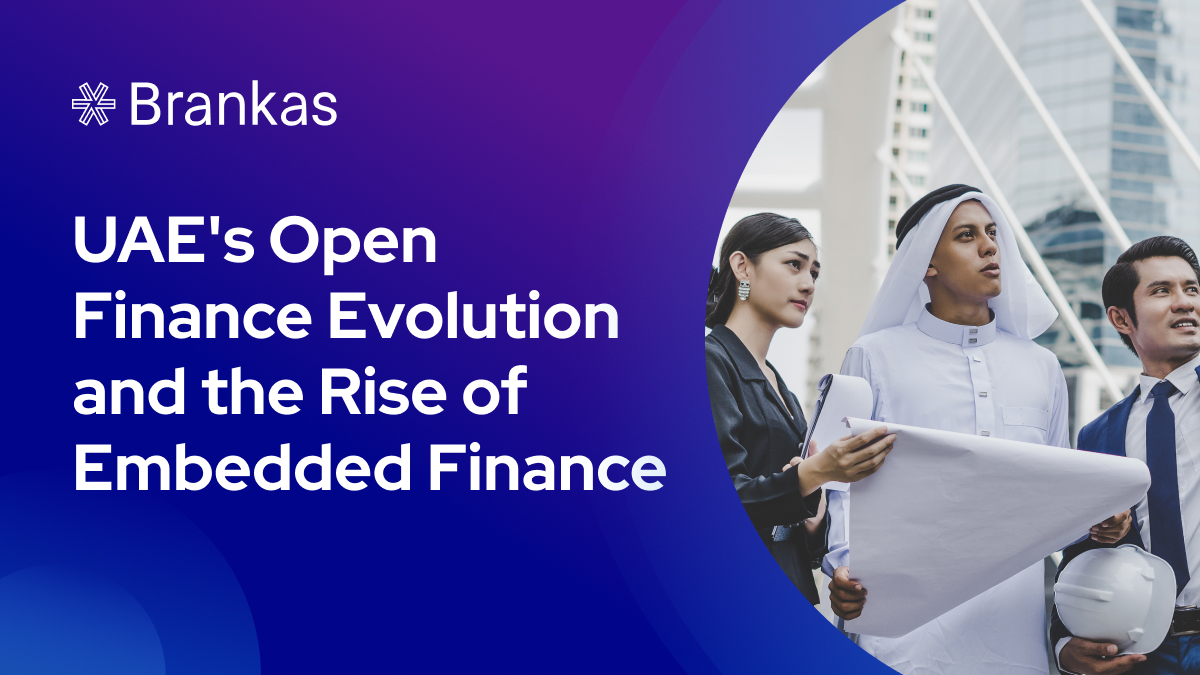When Saudi Arabia unveiled its Open Banking Lab in early 2023, it marked more than just a technical milestone, it reflected the country’s tangible commitment to reshaping financial services. Described by the Saudi Central Bank (SAMA) as “a technical testing environment to enable banks and fintechs to develop, test, and certify their open banking services,” this lab has become a launchpad for real-world Open Finance innovation. With 19 fintechs participating, including platforms like XSquare, NeotTek, and MoneyMoon, the lab signals a shift from policy-making to practical implementation.
From Vision to Framework
Saudi Arabia’s journey toward Open Finance is deeply tied to its broader economic strategy. As early as 2021, SAMA began shaping a framework to shift the Kingdom toward an open, API-driven financial ecosystem. When the Open Banking Framework launched in November 2022, as reported by Arab News, it provided licensing rules, standardized APIs, customer consent protocols, and cybersecurity requirements. These measures laid the foundation for secure and harmonized data exchange. Today, according to Open Banking Expo, both Account Information Services (AIS) and Payment Initiation Services (PIS) are live under this framework, creating a regulatory environment that supports the launch of new digital offerings across the sector.
Rather than mandating a full-scale rollout immediately, SAMA adopted a pragmatic sandbox approach. As reported by Arab News, this open-entry model has welcomed 19 fintech startups by mid-2025, including recent entrants focused on peer-to-peer lending. Through sandbox pilots, regulators, banks, and TPPs are actively refining consent flows, data-sharing protocols, and security standards. This hands-on approach mirrors global best practices and ensures that stakeholders gain real-world readiness and confidence before market-wide deployment
Riding the Digital Payments Wave
Alongside regulatory development, Saudi Arabia’s digital payments sector is booming. The Saudi Payments Network (Mada), operated by SAMA, executed around 7.2 billion POS transactions via 1.4 million terminals, with online (e-commerce) payments soaring 76%, reaching 610 million transactions, according to SAMA’s official announcement in 2023. With near-universal smartphone penetration and high-speed internet access, the infrastructure is already in place to support a thriving Open Finance ecosystem. Use cases such as AIS-powered credit scoring, faster onboarding, and embedded personal finance tools are now realistic and scalable.
Navigating Challenges and Embracing Opportunities
Despite the strong progress, there are challenges that must be addressed. Strengthening cybersecurity frameworks and aligning fully with data protection regulation under the Personal Data Protection Law is critical. As many banks are still modernizing legacy systems to support real-time API integration, consumer trust and public understanding of Open Finance also need to be cultivated through targeted education efforts.
At the same time, the opportunities posed are vast. A recent report from AlGhazzawi & Partners projects that Saudi Arabia’s fintech sector will create 18,000 jobs and grow to include more than 525 companies by 2030. With standardized APIs, a growing developer ecosystem, and an active regulatory sandbox, the country is well-positioned to deliver new offerings in areas such as Buy Now Pay Later, automated savings, and AI-enabled personal finance management.
Brankas’ Role in Saudi Arabia’s Open Finance Evolution
At Brankas, we recognize the transformative potential of Saudi Arabia’s Open Finance strategy. We offer standard-compliant API modules that align with SAMA’s AIS and PIS specifications. Our tools for secure consent orchestration and developer support are built for sandbox environments like the Open Banking Lab. Additionally, our strategic advisory services help financial institutions identify monetization models that work, whether through subscriptions, usage-based billing, or embedded finance integrations.
Looking Ahead: Scaling What Works
Saudi Arabia has made rapid and intentional progress, moving from long-term strategic vision to active product testing within just a few years. With strong regulatory foundations, a thriving digital payments infrastructure, and a collaborative innovation environment, the country is now ready to scale.
The next chapter will be about driving adoption, strengthening consumer trust, and building sustainable API business models. For banks and fintechs, this is the moment to embrace open collaboration, invest in API integration, and build the next generation of digital financial services. Brankas is ready to support that journey with the infrastructure, expertise, and strategic insight needed to make Open Finance succeed in the Kingdom.
Contact us!


